Across Nigeria’s public transport—whether its minibuses, okadas, shared taxis or danfos—determines how people get from point A to B. In the past decade several ride-hailing and ride-sharing companies have come to disrupt how Nigerians move and go about their daily lives. While companies like Uber, Bolt and now Indrive have established footprints, thousands of smaller ride-hailing and ride-sharing platforms—GoMyway and Hytch—have fizzled. An estimated 2,500 local ride-hailing alternatives have launched and closed shop due to a lack of network effect.
In spite of this, Dolapo Obat, CEO of ride-sharing platform, Along, argues that solutions must work with, not against, Nigeria’s unique transport realities. “We just have to build upon the dysfunction. We have to design around the dysfunction. If you lock out the seaports from importing cars, Africa has enough motor vehicles to move everyone around, we’re just not coordinating ourselves well,” said Obat.
Obat is leveraging this insight for his new startup, Along. The company takes the existing habit of shared, informal mobility and digitises it. Instead of private point-to-point rides, Along offers pre-set pickup and drop-off points mirroring how most Nigerians already travel.
“One-chance” and the problem statement
Launched in 2024 by Dolapo Obat and Endurance Omonibo, the company was born from a hauntingly familiar fear: “one-chance”. In Nigeria, this euphemism refers to a common crime in which passengers, often late at night, are robbed, assaulted, or worse after boarding taxis or mini-buses.
The existing ride-hailing players, Obat argues, are not solving for the real risks. “There’s no regulated public infrastructure. Most people are risking their lives daily to move around,” he said. “We didn’t want to build a fancy app. We wanted to fix this.”
Unlike Uber or Bolt, which layer digital logic onto private vehicle ownership, Along starts with a different primitive: the informal transit map. Before it built its technology, Along interviewed hundreds of riders and drivers to understand where people actually stop and pick up. That’s how they created what they call the “Along Map” a hybrid of formal bus stops, unmarked street corners, and well-known pickup points.
This behavioural infrastructure—how people move without GPS or schedules—forms the basis of Along’s product. The app lets you book a ride that follows this existing ecosystem, only now with verified drivers, digital payments, and a user interface that mimics mass transit logic.
“You’re not changing what people do,” Obat insists. “You’re making it safer, cheaper, and more efficient.”
Part bus, part Uber: How Along works
You begin your journey at a fixed stop, booking a seat along a shared route via the app. Like danfo rides or korope transfers, you may need to hop from one vehicle to another mid-route, but this time your entire trip is digitally coordinated. Pricing is by seat, not by vehicle. You’re paying for one of four available seats, just like in offline shared transport. That single design choice drastically cuts cost, making it more accessible to the average Nigerian worker who might otherwise be priced out of traditional ride-hailing.
Driver verification is core to Along’s promise. Every driver on the platform undergoes identity checks to guarantee traceability and deter bad actors, especially critical for late-night movement where one-chance fears loom large. Along also offers two service tiers: Economy, which mirrors the price and setup of traditional shared transit, and Business, which offers cleaner vehicles and more comfort at a slightly higher fare. This allows Along to accommodate a wider swath of mobility needs—those who prioritise affordability and those who’ll pay more for convenience.
Why this might actually work
Unlike traditional ride-hailing, Along is fundamentally volume-driven. A driver can complete 10–15 short, shared trips an hour, compared to 2–3 private rides for Bolt/Uber drivers.
And because the pricing mimics real-world danfo or korope prices (₦400–₦1000 per segment), it’s affordable. Obat claims this allows customers to spend ₦2,000 daily on transport—compared to the ₦10,000/day often required for Uber—bringing monthly commuting costs to under ₦60,000. That’s critical in a country where the median monthly salary hovers near ₦100,000–₦200,000.
Along takes a 10% commission. It’s small, but at scale—especially across the millions of Nigerians already participating in offline ride-sharing culture—it adds up.
Scaling the infrastructure
Along has mapped four Nigerian cities so far. The expansion method is lean: interview drivers and riders, pin stops, layer routes. “It doesn’t cost as much as you’d think,” Obat says. “It’s just that no one has taken the initiative to do the work.”
The long play is to install physical Along stops—bus shelters with route maps, branding, and real-world presence. In Abuja, they’ve received government approval to build them. In that sense, their biggest competition might not be Uber, but transport ministries.
What about the agbero problem?
Digitising public transport in Lagos is a graveyard of well-meaning startups in part due to union enforcers or agberos: toll collectors and informal rulers of the road.
Obat isn’t ignoring them. “They’re not just touts,” he says. “They’re route managers, stock controllers, ticket officers—in a more developed country, they’d have formal roles.” Along has signed partnership agreements with transport unions and plans to integrate agberos into the system, including a tax per ride that funds union operations.
Still, Along’s path is anything but smooth. First, Nigeria’s fragmented transport regulations pose a major risk. Policy shifts or administrative changes could undo years of engagement. Then there’s union volatility. The same agberos Along hopes to integrate are also known for abrupt strikes and, at times, violent enforcement tactics that can jeopardize operations.
Urban sprawl is another challenge. Unlike Abuja’s radial layout, most African cities are fragmented and chaotic, making consistent mapping and routing difficult. Low margins add pressure too—earning 10% on a ₦500 ride demands enormous volume to break even. And finally, there’s the challenge of trust. Despite identity verification, convincing riders—especially women—to board shared rides with strangers remains a cultural hurdle that will take time and user education to overcome.
Despite speaking to investors, Obat says Along’s real leverage isn’t capital—it’s policy alignment. “Policy will take us farther than VC,” he says flatly.
Along isn’t glamorous. It’s not the kind of startup that wins pitch competitions or dominates headlines. But it could change the way people move across the continent.
Mark your calendars! Moonshot by TechCabal is back in Lagos on October 15–16! Join Africa’s top founders, creatives & tech leaders for 2 days of keynotes, mixers & future-forward ideas. Early bird tickets now 20% off—don’t snooze! moonshot.techcabal.com
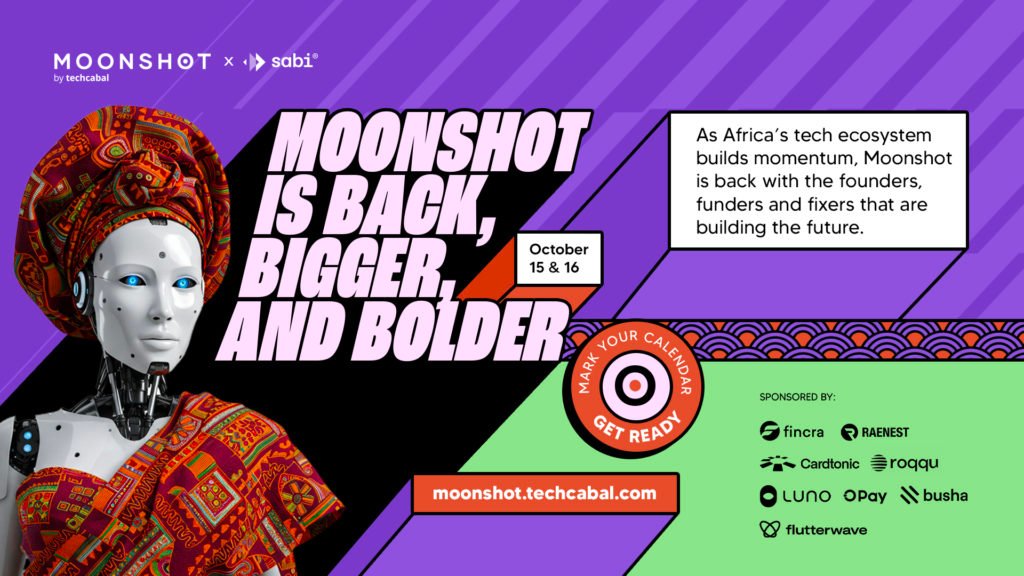






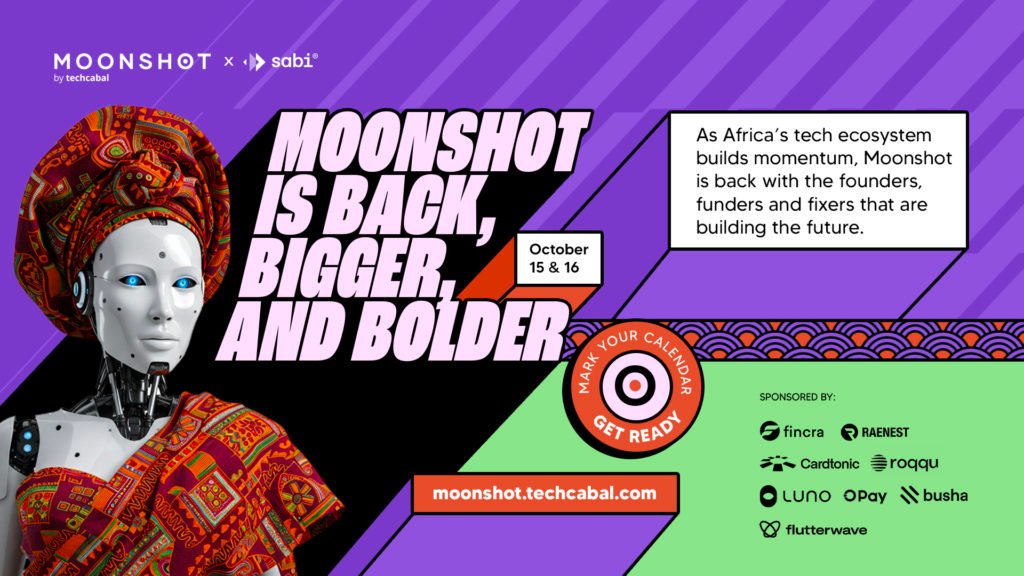

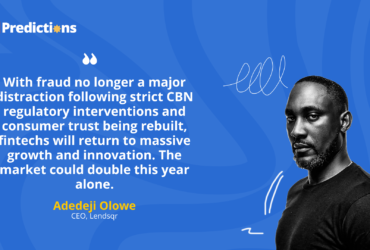
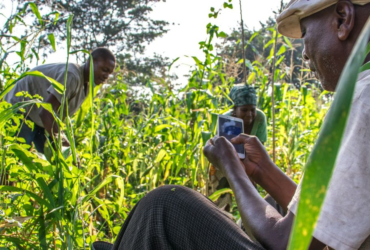

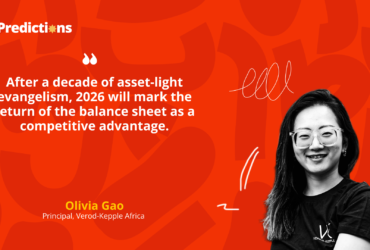


Leave a Reply